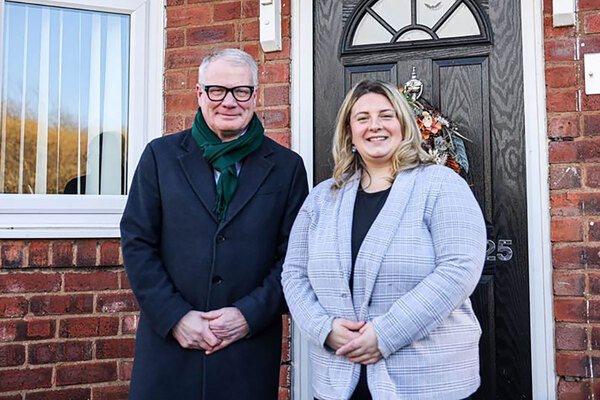You are viewing 1 of your 1 free articles
New merger could unlock £20m savings a year
Notting Hill Housing and Genesis are looking to make £20m worth of efficiency savings to fund 400 extra homes a year from their new merger.
The savings amount to 3% of the overall costs of the two organisations, which will have an £822m combined turnover, according to both associations’ accounts from 2015/16.
Kate Davies, chief executive of Notting Hill, told Inside Housing that mergers like this one were a great way to “produce more homes rather than more housing associations”.
Ms Davies, who will also be chief executive of the merged landlords, added: “I’m confident that [the 3%] is a quantity of savings that can be delivered. The board didn’t want to go around with an axe.
“They wanted it to be a sympathetic and reasonable process whereby staff and tenants have lots of involvement and their needs and interests are considered and people are protected – so they didn’t want a slash-and-burn approach. It’s a reasonable phasing that can be taken.”
In August of last year, Genesis cancelled its merger with Thames Valley at the last minute. Elizabeth Froude, financial director of Genesis and deputy chief executive designate of the merged landlord, said the merger with Notting Hill had been approached with “openness” and “maturity” because of “lessons learned from previous experience”.
Ms Davies added: “One of the lessons they learned was the need to get board involvement from an early stage.”
Both associations are keen to avoid excessive refinancing, as they have valuable low-cost loans on their books. To that end, Notting Hill will technically become a subsidiary of Genesis as that approach requires fewer consents needed from financial institutions.
Banks could theoretically demand a refinancing of historic loans in exchange for permission to carry out a merger. This could involve the repricing of deals issued at favourable rates before the 2007/08 credit crunch.
Commenting on the subsidiary arrangement, Ms Froude told Inside Housing: “Theoretically it could last forever; realistically, it doesn’t necessarily want to last forever, because there will be efficiency gains to be made from doing something else.”









